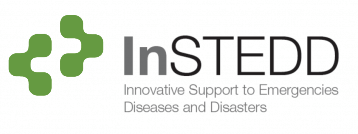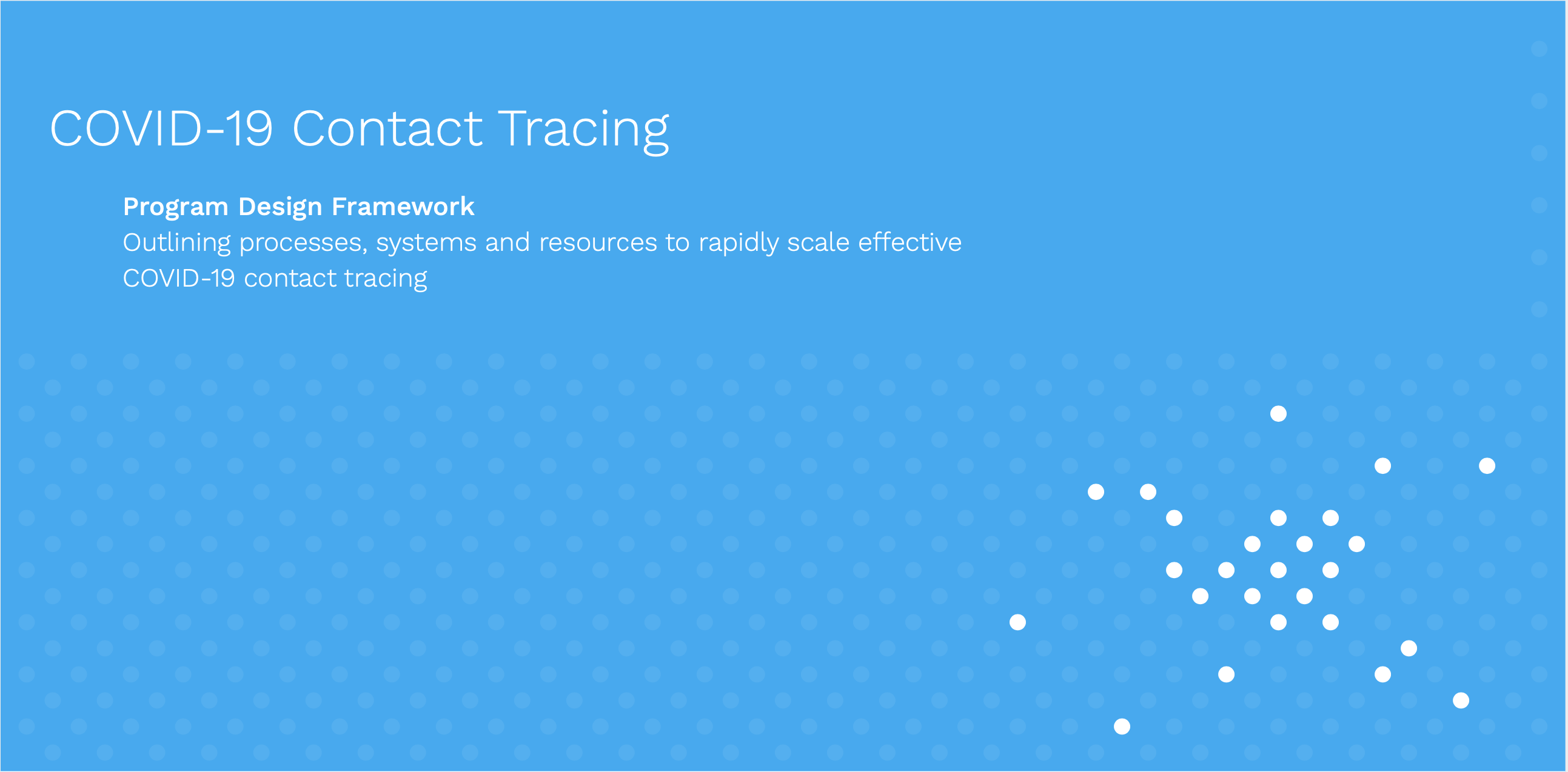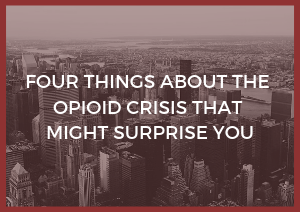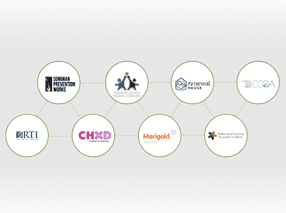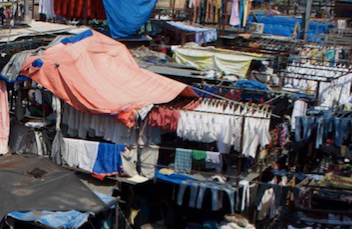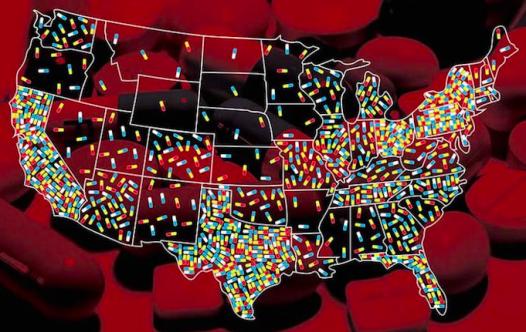by Shail Patel
For college students, it can be challenging to understand the connection between the academic knowledge we learn in the classroom and how that will translate to our future workplace responsibilities. If we complete our studies without experiencing the work world, it can be difficult to know where and how to get our careers started. To bridge the experience gap as a student, co-operative education is a model of learning used by post-secondary institutions to allow students to experience the workplace before they finish their academic years. Through my program at the University of Waterloo I was able to pursue a three month summer co-op opportunity and go beyond my textbooks, and decided to explore the idea of a career working for social impact.
The 2006 TED talk featuring Dr. Larry Brilliant inspired me to pursue a co-op in the direction of social impact. In the TED talk Dr. Brilliant presents a call to action for stopping global pandemics. After viewing the video I was inspired and through research found out that this talk led to the formation of a Silicon Valley, California nonprofit organization called Innovative Support to Emergencies Diseases and Disasters, abbreviated as InSTEDD. After speaking with the InSTEDD staff, I settled on the organization for my co-op because it presented the opportunity to explore if a passion for making social impact could be translated into the workplace.
Over the past three months at InSTEDD, I’ve gotten a behind the scenes look at what it means to work daily towards a better world. As part of the Global Communication team, my responsibilities were to help InSTEDD tell the story of how innovative and emerging technology can be deployed to improve the health and safety of vulnerable and hard-to-reach communities. What does this mean in day-to-day work?
EpiHacks:
During my co-op term, I was a member of a planning team for an EpiHack, a hack-a-thon style event that brings developers and health professionals together to create technology that addresses specific issues around infectious diseases. The initial EpiHack I helped plan took place in Rio de Janeiro, Brazil in this past July. I quickly observed that such a big event (70 participants from 12 different countries) requires a lot of organization and attention to detail. The entire planning team, which spanned North America, South America and Asia, were united by the goal of making a greater social impact around the world by solving health issues.This first hand experience with the EpiHack Rio planning team helped me to take a more proactive role in planning of a second EpiHack which will take place in Myanmar early next year. As a member of the planning team, I learned to conduct audience research and provide attention to detail in meetings by taking notes.
CDX:
During my classes on public health at the University of Waterloo, I have noticed that there are a lot of challenges between connecting technology and health systems. When I started working at InSTEDD, I was introduced and got to be a part of the early stage developments of one of the coolest technology projects called the “Connected Diagnostics Initiative (CDX).” CDX is an initiative to use diagnostic data to improve healthcare delivery, outbreak detection and response, and health systems management. This project has a goal to improve: health systems management, patient health outcomes in resource poor areas, and public health delivery using data which optimizes allocation of healthcare resources. From CDX I learned that working for social impact can mean impacting today like in the EpiHack, and can also mean shaping future impact, as CDX is not yet mainstream but will be saving lives a few years from now.
Twitter engagement:
Before I started my co-op term, I knew Twitter as a social media channel for receiving news updates and staying connected with friends. My responsibility at InSTEDD was to craft tweets from articles, events, research and other interesting news in the field of global health. I learned in this task that through Twitter, we can start and continue important conversations and bring in new parties worldwide to contribute to discussion. In the nonprofit sector, it has the impact of highlighting topics that need to be addressed and allows for sharing of information across variety of stakeholder networks. I now see Twitter in a new way, it can be used to share new discoveries and knowledge, connect with people and build a network. From a student perspective, I have started to follow organizations and researchers on Twitter in an attempt to learn about ongoing projects and research studies.
Through working on EpiHacks, CDX and Twitter, I now have a totally new outlook on the working world. The experience gives me a feeling of satisfaction knowing that I can make a positive impact on the lives of people in other countries. As a student studying health, this gave me something to strive for in my career. In the future, college students need to understand the importance of self learning and getting involved in work outside of college. Working at a social impact organization is a great opportunity, as it allows one to make contributions to the global community, work with people from different cultures, learn about global projects, and life outside of your country. I encourage students to continue learning outside of school via various forms of experiential learning such as co-op, internships, and volunteering. This time spent is an investment that will help you build your future career.
About the Author
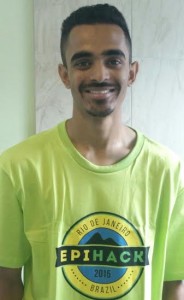 My name is Shail Patel, I am a third year University of Waterloo student in the program of Health Studies. After completing high school, I chose to apply to a co-op program because it would allow me to gain work experience in different industries.
My name is Shail Patel, I am a third year University of Waterloo student in the program of Health Studies. After completing high school, I chose to apply to a co-op program because it would allow me to gain work experience in different industries.
